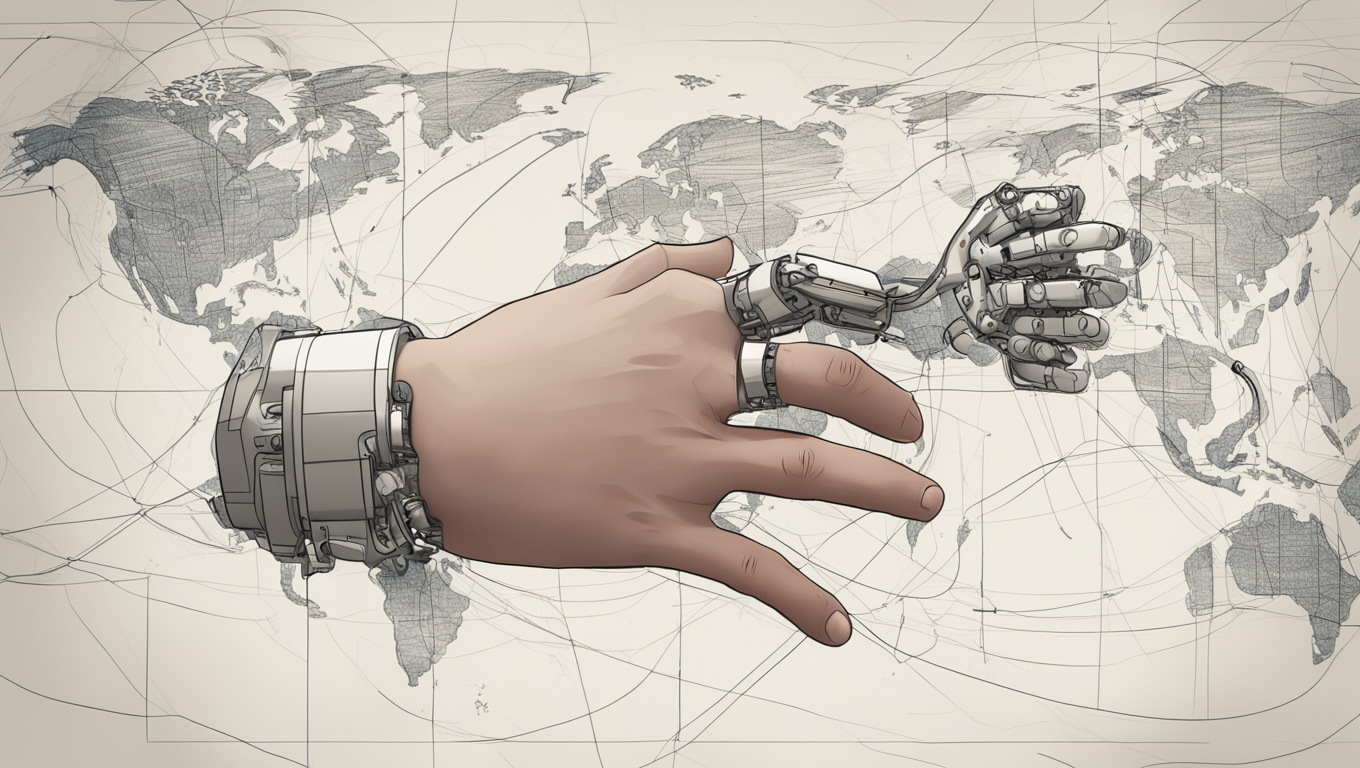Building Equitable AI: IMF Urges Stronger Safety Nets to Prevent Rising Inequality
In the race towards technological advancement, there is often a risk of leaving some behind. Generative artificial intelligence (AI) is one such technology that has the potential to exacerbate wealth inequality if not addressed properly. The International Monetary Fund (IMF) has recently raised concerns about the impact of generative AI on job losses among white-collar professions and called for stronger safety nets to prevent a spike in inequality.
According to IMF staff, fiscal policy has a crucial role to play in ensuring a more equitable distribution of gains and opportunities from generative AI. In a blog post accompanying a new paper, the staff highlighted the need for governments to implement measures that raise additional revenue and provide support to those who lose their jobs as a result of AI advancements.
The introduction of chatbots powered by generative AI, such as Microsoft’s Copilot, Google’s Gemini, and OpenAI’s ChatGPT, has already demonstrated the potential for job displacement. To counter these negative effects, the IMF suggests the implementation of more generous unemployment insurance and investments in sector-based training to equip workers with the skills needed for the jobs of the AI age.
However, the IMF staff does not endorse the idea of implementing a special tax on AI products, which some academics have suggested. They argue that such a tax could hinder productivity growth. Instead, the staff emphasizes the need to reconsider corporate tax breaks that encourage the rapid displacement of human jobs. Additionally, they advocate for the strengthening of taxes on capital income to offset the rising wealth inequality caused by generative AI.
The rapid advancement of AI technology presents both opportunities and challenges for societies worldwide. While AI has the potential to revolutionize industries and improve efficiency, it also raises concerns about job displacement and wealth concentration. In response to these challenges, the IMF urges governments to take proactive measures to ensure that the benefits of AI are shared equitably.
As Dr. Katherine Brown, an AI expert, notes, “To avoid a future where only a select few benefit from generative AI, it is crucial to prioritize investments in social protection and tax systems. We cannot afford to leave workers behind in the pursuit of technological progress.”
The IMF’s call for stronger safety nets and proactive fiscal policy aligns with a growing recognition of the need to address the social and economic implications of AI advancements. It is essential to strike a balance between fostering innovation and ensuring that the benefits are accessible to all segments of society. By doing so, we can build a future where AI is a force for inclusive growth and shared prosperity.





Use the share button below if you liked it.